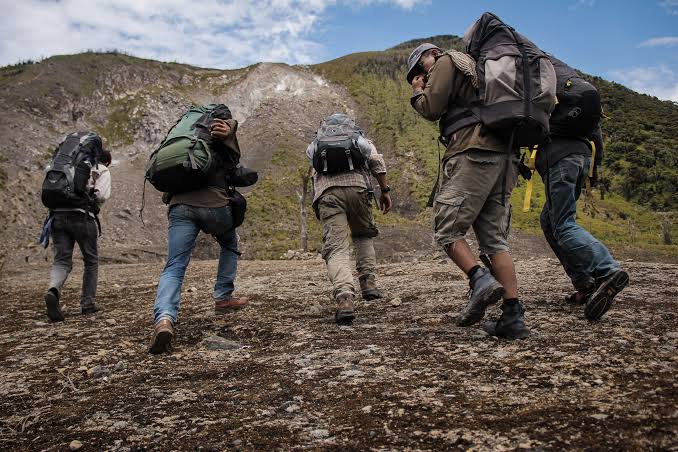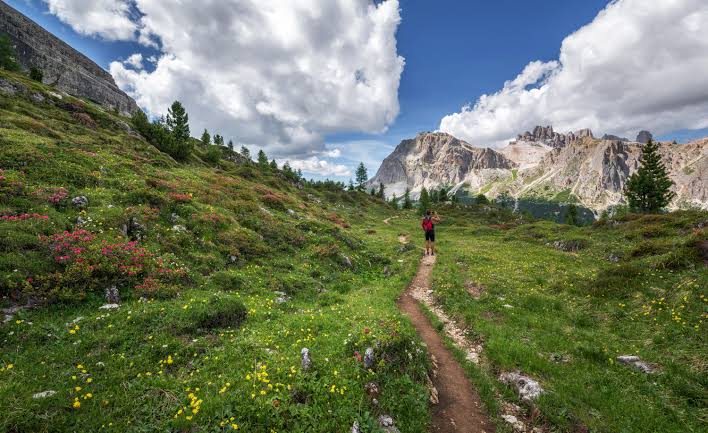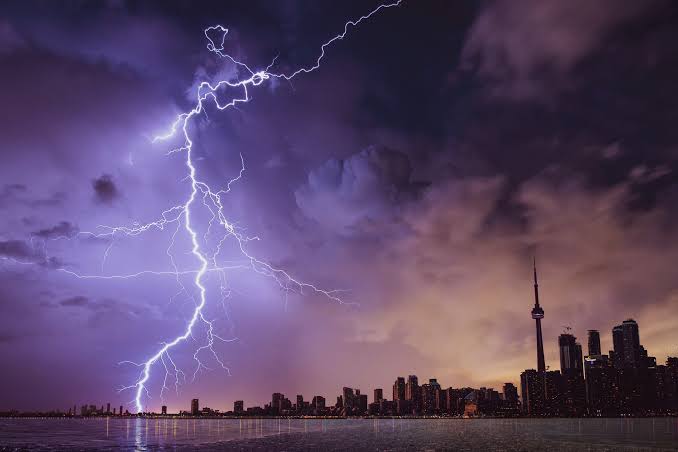How Long Does It Take To Hike 9 Miles : Be Practical
When it comes to setting goals for hiking, many people wonder how much time it will take to cover a specific distance. Whether it’s planning to conquer 9 miles or 15 kilometers of trail, there’s a burning curiosity about the time it will consume.
Speaking from my own experience, I can typically tackle a 9-mile hike on a moderately inclined trail with a 30-degree slope in approximately 3 to 4 hours. However, it’s crucial to emphasize that this is a highly individualized estimate based on my personal fitness level and familiarity with the terrain.

But it’s important to understand that there’s no one-size-fits-all answer. The time it takes to complete a hike depends on a myriad of factors that can vary from person to person and trail to trail.
First and foremost, the terrain plays a crucial role. Is it a rugged mountain path or a flat, well-maintained trail? Your fitness level is another key factor.
And a hiker might breeze through a trail while a beginner could take longer. Also don’t forget about external factors like weather conditions and the weight of your backpack.
How Long Does It Take To Hike 9 Miles?
As I told you it depends on various factors. Let’s explore them one by one.
Fitness
When it comes to estimating how much time it will take to cover a specific hiking distance, your fitness level plays a paramount role. Your fitness level dictates your hiking pace and endurance.

If you’re an avid hiker who regularly trains and maintains good cardiovascular and muscular fitness, you’re likely to cover distances more efficiently. On the other hand, if you’re just starting or have a lower fitness level, it might take longer to complete the same hike.
Trail
Is it an easy stroll through a well-groomed path or a challenging ascent over rocky terrain? Easy trails generally allow for faster progress, while difficult ones demand careful navigation and slower advancement. Steep inclines and technical sections can drastically slow you down, making it important to factor in these challenges.

The angle of the trail is equally important. A gentle, gradual incline can be traversed more quickly than a steep, relentless ascent. Uphill portions require more effort and time compared to level or downhill sections.
The presence of obstacles like fallen trees, river crossings, or loose gravel can affect your pace. You might need to pause, strategize, or even backtrack, all of which influence the time it takes to complete your hike.
Backpack Weight
The weight of your backpack is a silent but substantial influencer. Carrying a heavy load, laden with essentials, can slow you down. It’s vital to pack wisely, prioritizing only what’s necessary for the journey.

Distributing weight evenly and utilizing a comfortable backpack with good padding and support can help mitigate the time-consuming effects of a heavy load.
Weather Conditions
Mother Nature’s mood is unpredictable and often dictates your hiking pace. Rain, snow, or extreme heat can make the trail more challenging.

Slippery terrain, wet gear, or excessive sweating can all contribute to a slower pace. In adverse weather, it’s crucial to factor in extra time for safety and comfort, whether it’s donning rain gear, taking shelter, or adapting your route.
Conclusion
So adventurers, the question of how much time it will take to cover a specific distance while hiking is a multifaceted one. As a hiker, I’ve come to appreciate that no two journeys are alike.
It’s a blend of terrain, fitness, backpack weight, and weather conditions, among other factors, that come together to determine your pace on the trail.


